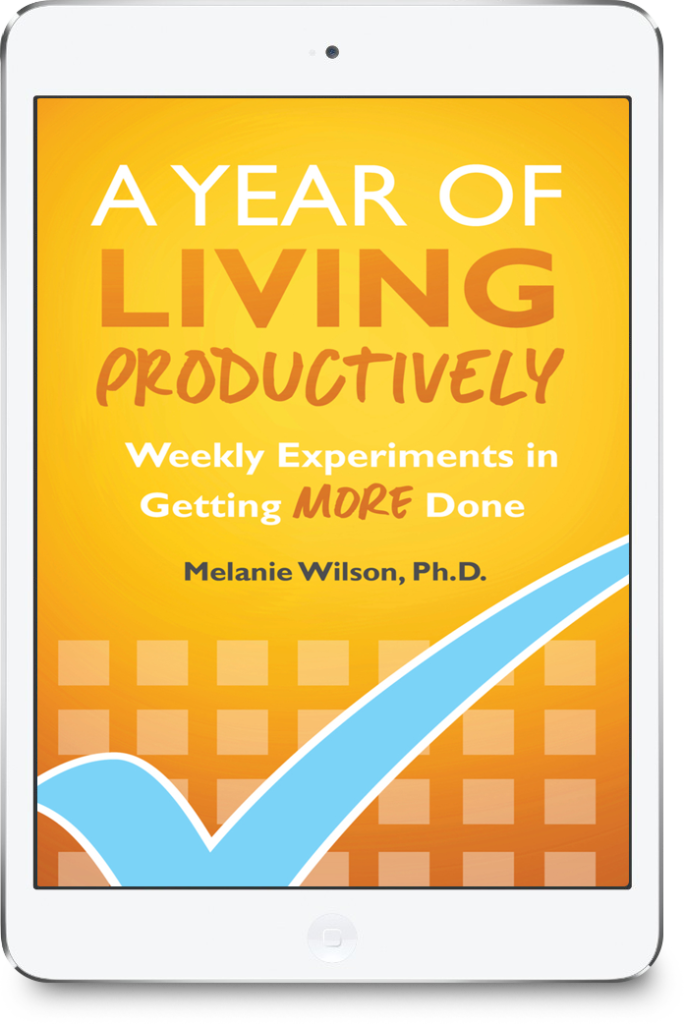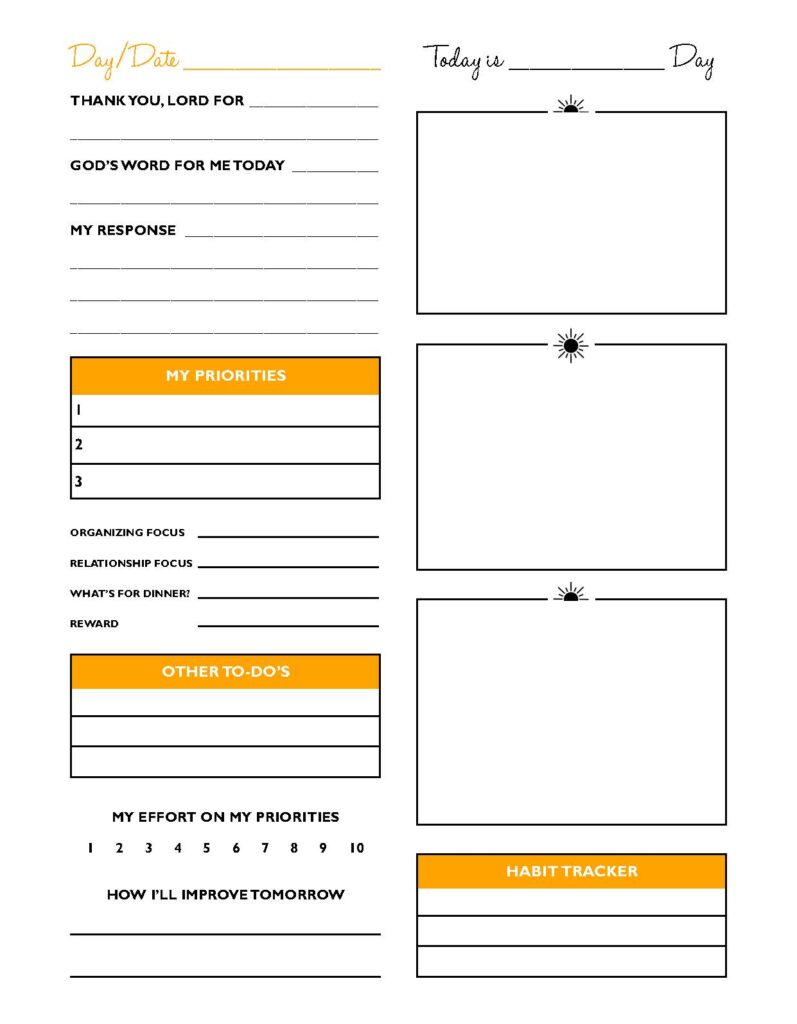I have been praying dailly about becoming more diligent for years. But only recently did I realize that I was going about increasing my diligence in the wrong way.
Why should we seek to be more diligent?
The Bible encourages diligence. Proverbs 12:24 reads, “The hand of the diligent will rule, while the slothful will be put to forced labor.”
Proverbs 21:5 says, “The plans of the diligent lead surely to abundance, but everyone who is hasty comes to poverty.
The Bible also gives us a good example of diligence in its description of the Proverbs 31 woman (Read here and here).
I want to honor God by being diligent, but I also know I will be happier getting things accomplished instead of having more screen time. Ecclesiastes 2:24 agrees. “So I decided there is nothing better than to enjoy food and drink and to find satisfaction in work. Then I realized that these pleasures are from the hand of God.”
Doing what you say you’re going to do
I had an aha moment with respect to diligence when I heard professional coach instructor Brooke Castillo’s podcast. She said that her husband is perpetually amazed by the fact that she does what she says she is going to do. Frankly, I am amazed by that. Always doing what you say you’re going to do? I’m an expert at finding reasons (also known as excuses) not to do that. Like I worked hard yesterday. It’s sunny. It’s rainy. I’m hormonal. I just don’t feel like it. Tomorrow I’ll feel like it. I deserve a break. Again.
The next thing that contributed to my change in thinking about diligence was from someone calling himself Mr. GetItDone on Mark Forster’s productivity forum. He said that when he comes to an item on to-do list, he just does it. Another weirdo, obviously. He doesn’t get a snack, check social media, or have to consider a hundred other things as potentially more important to do?

I am someone who enjoys being busy and accomplishing a lot. But years ago I noticed that I had a procrastination habit that got in my way. I decided that a fun way of improving my motivation and work habits would be trying a new produtivity approach every week. Initially, I thought I would discover the productivity holy grail for everyone. It turned out that I only discovered that for myself, and that the strategies I used successfully were only good for the season of life I was in. When life changed, my productivity approach changed.
I did discover a productivity formula that enabled me to finally publish my experiments in book form. When you get your copy of A Year of Living Productively, you will quickly learn the rationale behind more than 80 different productivity approaches without reading the books, you will get the basic instructions for using these approaches, and you’ll get my intial review of what worked and didn’t work for each. You’ll also get my review of each of them five years later with recommendations for other approaches to try if you had success with an individual tactic.
For example, even though David Allen’s Getting Things Done methodology has hundreds of thousands of fans, I tried it twice and wasn’t able to make it work. I won’t be trying it a third time. That is not to say that I didn’t benefit from his approach. In fact, it helped me achieve what’s called Inbox Zero, where I process my emails to folders or a task manager, such that I have an empty inbox on a regular basis. It’s so much more peaceful for me not to have hundreds of emails that need my attention. My ability to maintain inbox zero is a direct result of David Allen’s teaching approach.
With A Year of Living Productively, you can save time and develop a customized productivity approach for this season of your life. You can stop calling yourself lazy and unmotivated and become an objective observer of your work habits and what helps you make the most of your time.
Despite writing and speaking about productivity, I realized that I have ignored a key ingredient to diligence.
It’s why I’m astonished by Brooke Castillo and Mr. GetItDone. To explain, I will use a fitness analogy.
Imagine that I have been praying daily for years to be fit. I also read sections of fitness books each morning. But despite my prayers and reading, I haven’t felt like going to the gym much. When I do go, I try some of the exercises I’ve read about. I either get bored with them or I quit them when they require too much effort. I find myself scrolling social media or watching shows instead. I’m no stronger and I don’t look any different, but I figure that’s probably because I’m older and I have a lot on my plate literally and figuratively.
If you know anything about fitness, you know that I will never get stronger with this approach. Waiting until I feel like going to the gym means I will rarely go. That’s how I used to view gym time. I would tell myself I’d go three days a week until there were only three days left in the week. Then I’d tell myself I couldn’t work out three days in a row!
Now I make myself exercise whether I feel like it or not. I’m always glad I did because I feel happier and more energetic. And to build muscle or endurance, I have to push myself out of my comfort zone. Muscle building doesn’t come from doing easy exercises. It requires an intense effort of doing more than you did before–more weight or more reps. Our muscles have to be fatigued in order to increase endurance.
I made the connection one day.
I’d been working at my computer for under an hour and I wanted to quit for the day. I realized that this was the equivalent of doing a few bicep curls and leaving the gym. I wasn’t truly fatigued. More likely I was bored. I had developed a habit of quitting well before I’d gotten a good workout in.
Before you worry that I’m saying we need to be working hard all day long, understand that rest periods are built in to hard workouts. After every set, you rest. But the difference is, you don’t go home! When you’ve completed a full workout, you have a good long rest.
I realized that I hadn’t built up my diligence like I would fitness endurance. I couldn’t expect myself to work diligently for six hours straight with my history just like I couldn’t do a one-hour fitness class if I spent most of my time on the couch.
A diligence workout
As a result of this inspiration, here is the diligence workout I’m giving myself. I’d love to have you join me. I believe it will work for our kids, too.
First, diligence doesn’t require motivation. We will all have the whiny voice in our heads telling us why we shouldn’t do the work now and how we will magically be motivated tomorrow. Ignore it. That voice is a liar. The truth is that diligence GIVES us motivation, not the other way around. Do what you planned to do, regardless of your emotions.
Second, create a realistic plan. The Couch to 5K plan isn’t accomplished in a day. When we try to do too much, we are reluctant to work the next day. If you haven’t been very diligent to this point, increase your work load gradually. The only way you can look at everything on your list and do it is if it’s not asking too much of your mind and body. As you plan your tasks for the day, pretend you are planning them for a beloved friend. Given that you want her to have enough time for recreation, interruptions, and sleep, what will you put on her list?
Third, push yourself to do the work with cheerleading. One of the things I love about Chalene Johnson workout videos is her cheerleading. “You’re not tired!” she says. We can tell ourselves this as well as “You’re doing great” and “Just a little more work before you can take a break.” As you do the tasks you’ve planned for the day, you’re going to want to quit. Something will take longer, be more annoying, or be more difficult than you thought. You’ll want to call it a day, but don’t. Instead, try one of these tips.
1. Pray. Ask the Lord for patience and mercy. Ask your family to pray for you, too.
2. If you’re stuck on something, ask someone to spot you. In weight training, that’s someone who provides a little help lifting the weight if you need it. Numerous times I’ves struggled for hours on something that a skilled person can do in minutes. Get help.
3. Take a timed rest away from the work. The key is to set a timer and return to the work when it goes off. A rest can be going outside, getting some water, or doing some exercises or stretches.
4. Switch tasks. Sometimes we need to focus on something else and the solution or energy for the original task comes to us. Go to the next task on your list.
5. Consider how you will feel later if you quit now. Will you really have more energy for this tonight or tomorrow? Will you regret that it isn’t done?
If you push through and are diligent, you are ready to relax. In another podcast episode, Brooke Castillo describes the difference between rest and laziness. Rest, she says is relaxing, guilt-free, after finishing our work. So you’re watching Netflix after a full homeschool day and putting the kids to bed. Laziness, alternatively, is relaxing and feeling guilty without doing our work. So you watch Netflix before school and you keep telling the kids you’ll start school later.

If you want to relax guilt-free by being diligent this school year, I recommend The Organized Homeschool Life Planner. Each day of the planner includes space for the most important aspects of your routine like time with God, your relationship focus, and what’s for dinner. But it also lists just six tasks to complete in a day. I have space for just six tasks because on average that’s how many I completed in my experiments for A Year of Living Productively. Shocking that it wasn’t 25, right?
On the right side of the daily page, you’ll create a loose plan for getting your tasks done.
With your new diligent mindset, you will enjoy the reward you’ve planned for the day, guilt-free.







